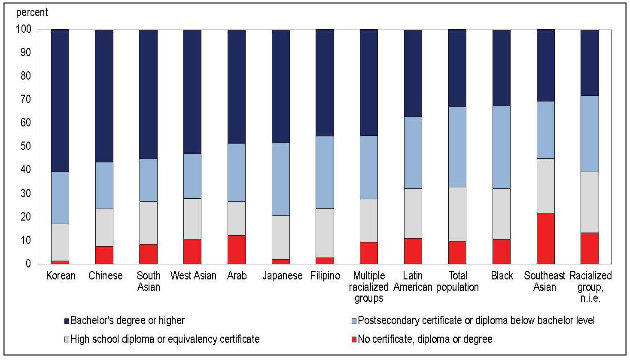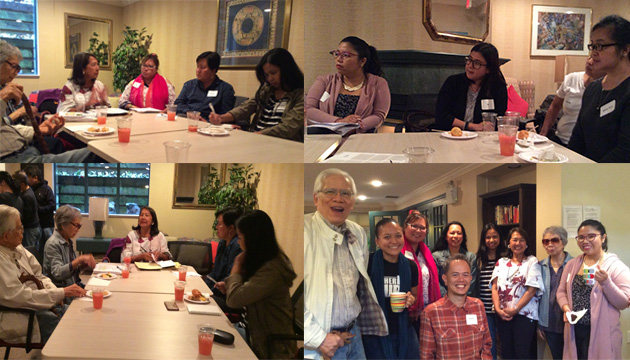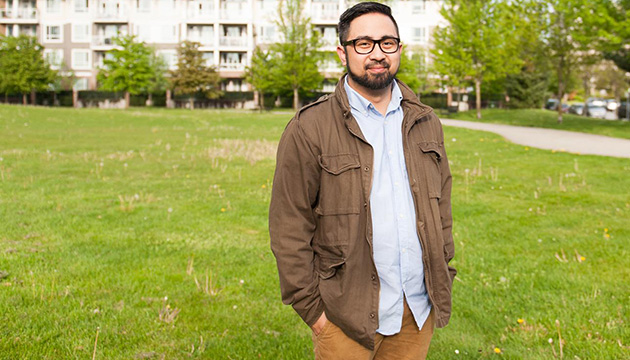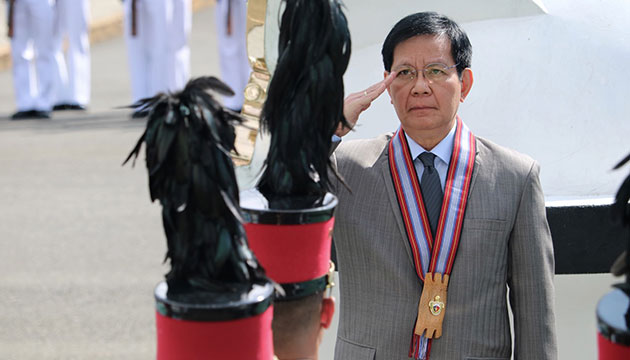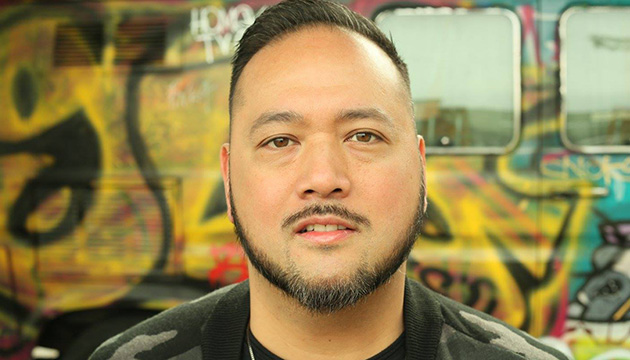March 1, 2023 - Statistics Canada (StatsCan)confirmed that over 40 percent of Filipinos in Canada holds a bachelor’s degree or higher but are underrepresented in occupations that require a bachelor’s degree, adding that a large part of this group is likely to have studied nursing.
This is in stark contrast to the greater Southeast Asian group, of which Filipinos also belong, who had lower levels of education.Over a fifth of Southeast Asians had neither a high school diploma nor a post-secondary credential, a larger share than any other racialized group.
The report released in January provided a snapshot of educational attainment and occupational outcomes among racialized populations in 2021. It showed that over 40 percent of Asian populations hold a bachelor’s degree or higher, well above the national average of 32.9 percent.
StatsCan also acknowledged that immigrants with foreign degrees face above-average rates of overqualification. An example of this is a Filipino immigrant who holds a nursing degree from the Philippines but works as a caregiver in Canada.
A section of the said report stressed that not only were Filipinos underrepresented in occupations requiring a minimum educational attainment of a bachelor’s degree, but they were also underrepresented to a much greater extent than other racialized groups. It notes that a factor in overqualification and job mismatch could be that over a third of Filipinas immigrated as principal applicants through Canada’s caregiver program and were recruited to work in personal care occupations instead of as registered nurses in the health care system.


